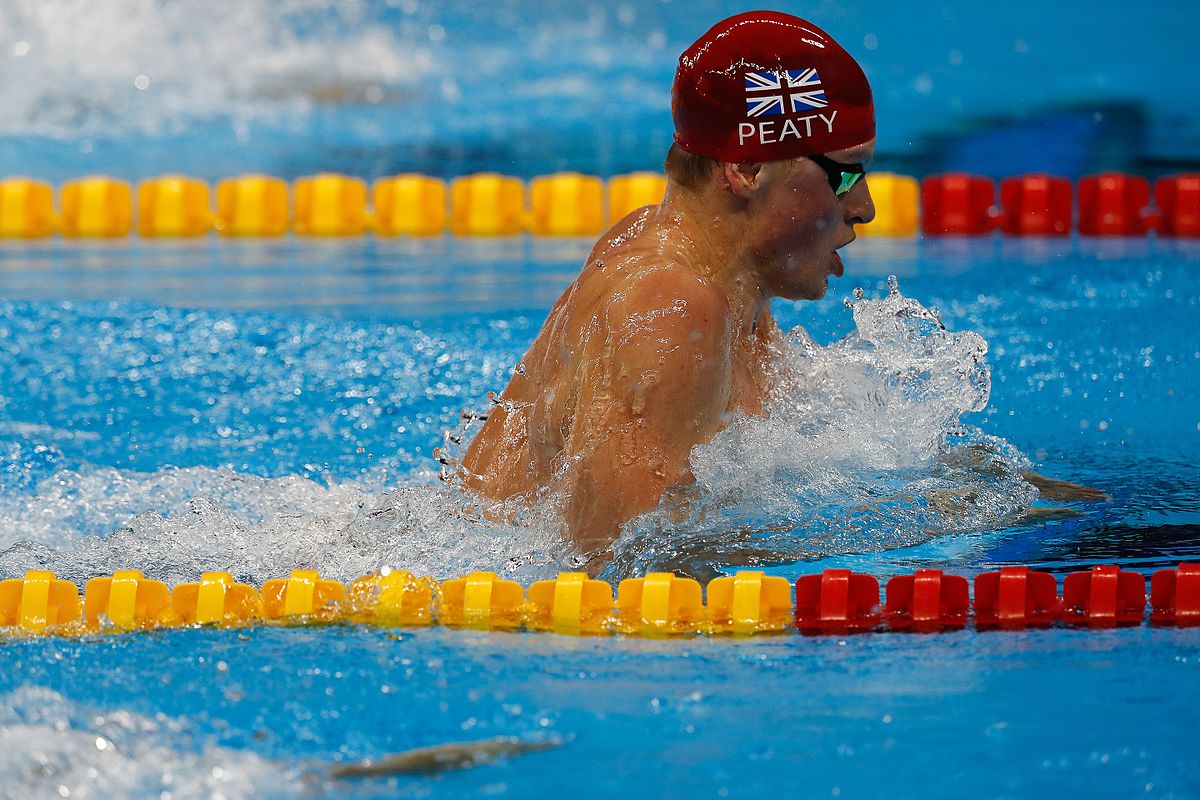Sport and mental health: pressure is part of the game
Mental health in the sporting world is something which is little spoken about. However, over the last few months, it has become a topic which has become more noticeable among the sporting headlines.
Having seen Simone Biles cite mental health as the reason for pulling out of some events at the Tokyo Olympics, it begs the question of how we understand mental health in sport and how it needs to be treated.
Biles had been marketed as the next golden girl of the games for the USA. With her squeaky-clean record in competitions, her world domination seemed to suggest the only thing which would be coming her way was gold.
But when she took a tumble on the vault during the Tokyo games, questions started to be raised of her performance and capabilities. Before making an official statement regarding why she pulled out, many assumed it may be due to a physical injury. However, when mental health was revealed as the motivation for her withdrawal, it sent shock waves through the media. This was only heightened further when she pulled out of the individual events due to take place few days later.
Biles admitted during a press conference that “physically I’m good, I’m in shape. Emotionally that kind of varies on the time and the moment”. Later she specified that she was suffering with the twisties. This informal name refers to a dangerous state in which gymnasts experience a “loss of a sense of control over the movement”.
Again, it could be assumed that this sensation only has physical implications, but mentally, it can cause anxiety and distress as it isn’t something which an athlete could simply brush off.
As the Olympics have unfolded, more and more athletes have joined Biles in thinking about mental health and are considering taking a break from international level sport. British swimming champion Adam Peaty has announced that he will take a month’s break to protect his “mental health and recharge” before returning to competitive sport in 2022.
Why is the job of an international athlete, where mentality is a pillar of the profession, any less of reason to be having these conversations surrounding mental health too?
Suddenly the conversation around the Olympics, and now Paralympics, has expanded to something much broader than just the pressure these athletes face during their competitions. Therefore, the question of mental health has become twofold. It not only regards the mental stress athletes are under in the moment they have to compete but also how this pressure manifests in the build-up to events, especially for those athletes who are coming back as defending champions.
So where does this leave us going forwards? As spectators we need to realise that what we see on the television is only a snippet of an athlete’s life. And while these snippets make them into the superhumans we admire so much, it is important to remember that they are just human.
While we are sitting at an office desk, these athletes are out training all around the world and at all times of the day. And the evolution of social media in recent years means that scrutiny and media pressure is as unrelenting as their training.
Therefore, we need to recognise that modern day international level sport is brutal, and pressure is all a part of the game.
But these recent revelations from athletes are not saying today’s athletes are breaking down and want the sporting world to change. Instead, it’s paving a path for athletes to discuss and treat mental health issues in the same way they discuss physical injury.
It would be no surprise if an athlete announced a few months break after sustaining a physical injury and we often don’t know about the intricate details of their physical injury. Therefore, announcing a short break for mental health reasons should be treated in the same way. Spectators don’t need to know much, the athletes can recover and come back to the sport, fresher and stronger.
After all, with a huge increase in conversations around looking after our mental health at work, why is the job of an international athlete, where mentality is a pillar of the profession, any less of reason to be having these conversations too?

Comments